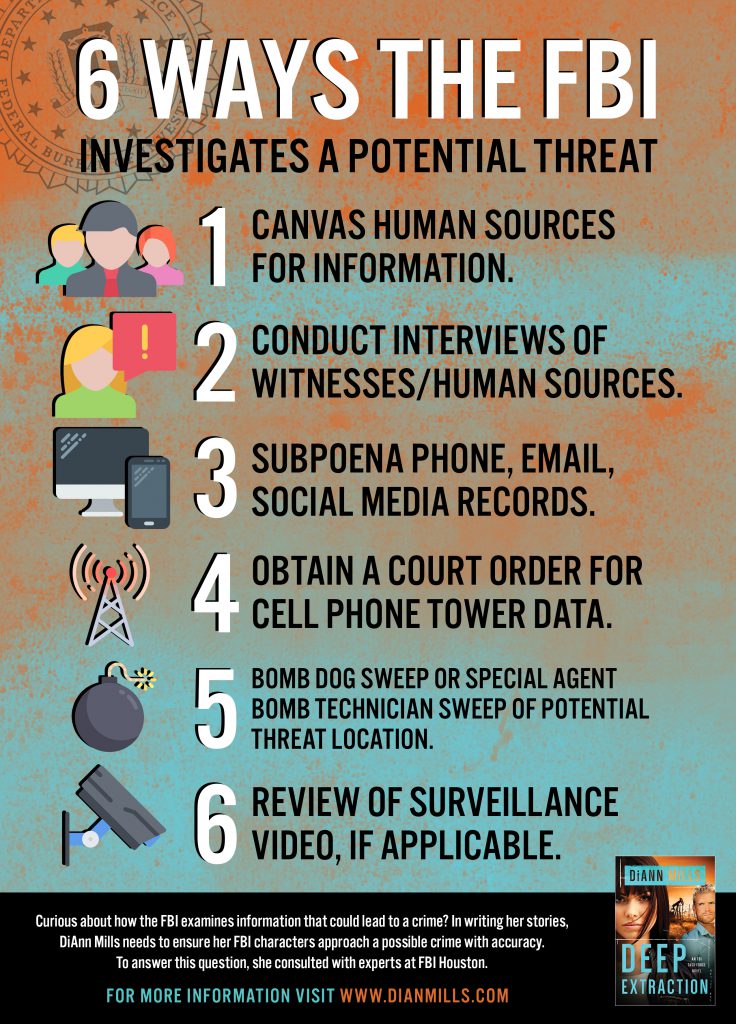The Federal Bureau of Investigation (FBI) has been thrust into the spotlight once again as it investigates a growing number of threats directed at federal judges across the United States. These threats have raised serious concerns about judicial safety and the integrity of the legal system. As tensions rise, understanding the role of the FBI in such investigations becomes crucial for maintaining public trust and ensuring justice is served without fear or favor.
In recent months, there has been an alarming increase in incidents where federal judges have faced harassment and intimidation. This trend underscores the importance of robust investigative measures by law enforcement agencies like the FBI to protect those who uphold the law. By delving deeper into these cases, we can better comprehend how the FBI operates and what steps they take when confronted with credible threats against members of the judiciary.
Understanding The Role Of The FBI In Judicial Threat Investigations
The FBI plays a critical role in probing allegations related to judicial threats. When investigating such matters, agents gather evidence meticulously while collaborating closely with local authorities and other federal entities. Their primary objective remains safeguarding individuals whose duty it is to administer justice impartially amidst mounting pressures from various quarters.
This process involves interviewing witnesses, analyzing communication patterns, reviewing digital footprints, and assessing potential motives behind each incident. Through comprehensive analyses conducted under strict confidentiality protocols, investigators aim to establish connections between perpetrators and their targets before taking appropriate legal action against offenders.
Moreover, the bureau employs advanced technologies alongside traditional methods to enhance its capabilities in addressing complex scenarios involving cyberattacks or anonymous messaging platforms often utilized by malicious actors seeking anonymity during their campaigns of fearmongering targeting esteemed members within our nation's judiciary system.
FBI’s Approach To Handling Confidential Human Sources In Judicial Threat Cases
Handling confidential human sources effectively is paramount for successful outcomes in judicial threat investigations led by the FBI. These sources provide invaluable insights that help uncover hidden truths about nefarious activities aimed at undermining judicial independence through coercion tactics employed by criminals operating outside established legal frameworks.
To ensure maximum effectiveness, the agency adheres strictly to guidelines governing interactions with informants while prioritizing their protection throughout every stage of engagement. This includes providing secure communication channels, offering financial incentives where applicable, and guaranteeing anonymity whenever necessary—all designed to encourage cooperation without compromising operational security standards set forth by federal regulations.
Additionally, ongoing training programs equip field officers with essential skills needed to manage relationships professionally yet empathetically so as not only to extract actionable intelligence but also maintain long-term rapport built upon mutual respect and trustworthiness among all parties involved in this sensitive area of national security work.
Assessing FISA Applications And Intelligence Collection Efforts Within Judicial Contexts
Another significant aspect of the FBI's involvement in judicial threat investigations pertains to evaluating Foreign Intelligence Surveillance Act (FISA) applications alongside broader intelligence collection efforts. This ensures compliance with constitutional safeguards while pursuing leads connected to international influences potentially fueling domestic unrest targeting key figures within America's judicial landscape.
By scrutinizing data gathered via electronic surveillance tools authorized under FISA provisions, analysts strive to identify patterns indicative of coordinated attacks orchestrated by foreign adversaries intent on destabilizing U.S institutions including courts presided over by dedicated professionals committed to upholding rule-of-law principles enshrined in founding documents cherished worldwide.
Simultaneously, continuous assessment helps refine strategies employed during high-profile cases requiring delicate balancing acts between protecting individual rights and advancing collective interests tied directly to preserving democratic values central to modern governance structures reliant heavily upon fair adjudication processes administered equitably across diverse populations nationwide.
Guidelines For Responding To Threats And Intimidation Against Judges
Establishing clear guidelines for responding promptly and appropriately to threats and intimidation against judges forms another cornerstone of the FBI's approach in tackling this escalating issue. Such protocols outline specific actions expected from both agency personnel and external partners working together towards neutralizing risks posed by hostile elements determined to disrupt normal functioning of judicial proceedings essential for resolving disputes peacefully according to agreed-upon rules governing society.
These responses typically involve immediate deployment of specialized teams equipped with tactical expertise required to defuse volatile situations quickly before they escalate further beyond control points established beforehand based upon historical precedents observed during similar past events documented extensively within organizational archives maintained securely offsite locations accessible exclusively authorized individuals possessing requisite clearance levels mandated by statute law.
Furthermore, proactive education initiatives targeting stakeholders ranging from elected officials down ordinary citizens emphasize importance fostering culture tolerance acceptance diversity promoting constructive dialogue instead resorting violent means expressing dissent opinions thereby strengthening social cohesion overall reducing likelihood occurrence future incidents jeopardizing stability entire legal framework supporting democratic way life cherished generations come.
Public Awareness Campaigns Surrounding Brett Kavanaugh Confirmation Process
As seen during contentious confirmation hearings surrounding Supreme Court nominee Brett Kavanaugh, heightened awareness regarding judicial threats serves as catalyst driving demand increased transparency accountability mechanisms embedded throughout selection process ensuring candidates subjected rigorous vetting procedures prior receiving lifetime appointments wielding immense power shaping direction country takes decades ahead depending outcome decisions rendered bench level courts nationwide.
Through strategic partnerships formed between government agencies private sector organizations alike, public awareness campaigns highlight significance participating informed manner electoral processes enabling citizens exercise franchise responsibly free undue influence manipulation attempts originating external sources seeking manipulate results serve narrow self-interest agendas contrary best interests broader community interests encompassing multiple perspectives equally valid consideration reaching consensus beneficial everyone concerned stakeholder groups affected policy changes implemented wake landmark rulings handed down higher echelons judicial hierarchy structure.
In conclusion, recognizing evolving nature challenges facing contemporary judicial systems necessitates collaborative efforts harnessing combined strengths varied disciplines contribute holistic solutions addressing multifaceted problems threatening undermine foundational pillars supporting democratic governance structures require constant vigilance adaptation changing circumstances preserve essence justice equitable treatment afforded persons regardless background status position hierarchy established societal norms upheld consistently time immemorial.

